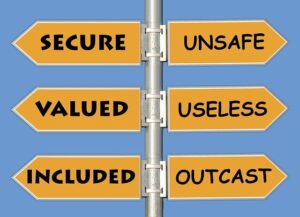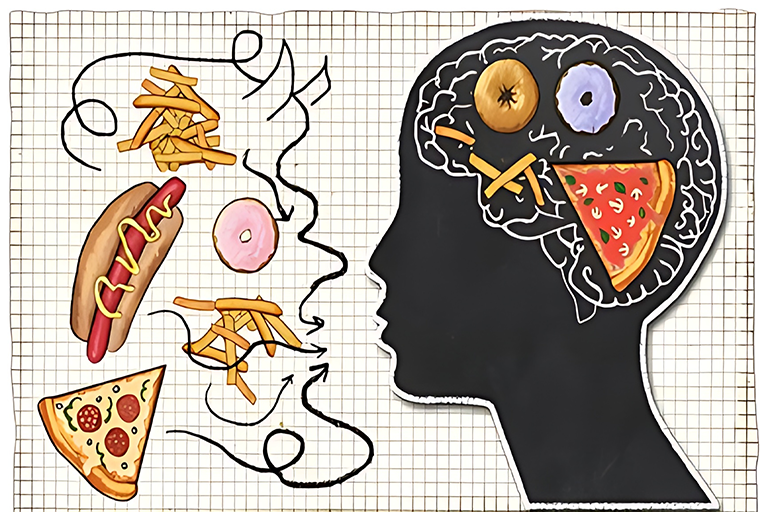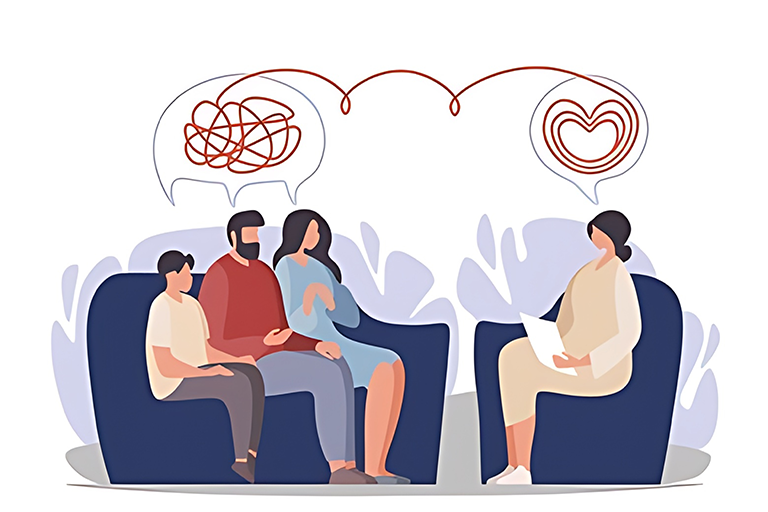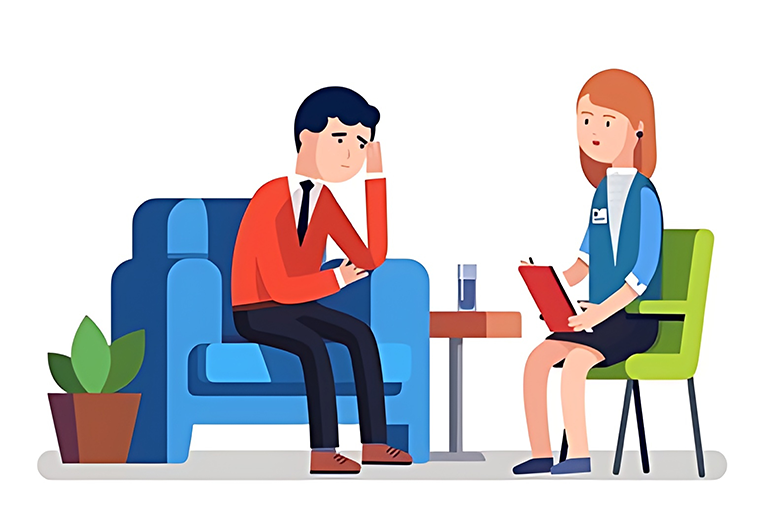Unveiling the Realities of Gambling: Beyond Entertainment
Gambling is the act of risking one’s own money in the hope of gaining a profit from the outcome of a game. Legal and illegal gambling occurs on a daily basis, both in public places like the street and in private houses, as well as at casinos. Scratch and win tickets, lotteries, casino gaming, table gambling, and slot machines are all forms of gambling. People over the age of twenty-one can gamble at casinos round the clock. Many people cannot afford to lose money in casinos, despite the fact that they have the potential to gain enormous sums of money.

One of today’s most pressing social issues is gambling addiction (also known as compulsive gambling). It can range from a small $1 wager with a buddy to placing hundreds to thousands of dollars into the machines at a casino to play “games”. In contrast to most, there are those that do it because they believe they must (problem gambling). Those who are addicted to gambling will go to any lengths to get their hands on a piece of the action.

There are now only two states in the United States that do not allow gambling. Although this has been going on for a decade, it’s still a huge leap. People who have a problem with gambling can be helped, and others can avoid developing the same issue. Addiction to gambling can have very bad effects on people’s lives, so it should be stopped.
Cravings: How to Manage Them
Seek help from others. Contact a close friend or family member you can trust. Go to a meeting of Gamblers’ Anonymous. Distract yourself by engaging in something else. Put off your gambling sprees until a more convenient time. A lack of urgency might be alleviated by giving oneself some time to think. Consider the consequences of gambling for a moment. Try not to be alone.

Rules of Engagement for Couples, Friends, and Families
Do’s
- Attend a family self-help organization if you’re looking for assistance from those going through the same thing.
- Focus on the positive aspects of your mate.
- Keep your cool when conversing with someone who has a gambling problem. You need to tell them that you’re looking for treatment since your gambling is impacting you (and possibly your children).
- Children should be educated about the dangers of excessive gambling. Learn to accept that treatment for addiction to gambling may take some time.
- Set clear rules for managing your family’s money and check your bank and credit card statements often to make sure everything is in order.
Don’ts
- Keep your temper under control and refrain from lecturing or preaching to others!
- Keep the gambler away from family and friends.
- The sooner you stop gambling, the better your chances of recovering quickly.
- Bail out the gambler
Seeking Help
If you or someone you know is struggling with gambling addiction, it is crucial to seek help. Many organizations and hotlines provide support, resources, and counseling for individuals dealing with gambling-related issues. Recognizing the problem and reaching out for assistance is the first step towards recovery.
Conclusion
While gambling can offer entertainment and excitement, it is essential to acknowledge the hidden realities that lie beneath the surface. The allure of gambling, its impact on mental health, financial consequences, strain on relationships, and societal costs all underscore the need for responsible gambling practices and support systems for those who may be at risk. By unveiling these realities, we can better understand the complexities of gambling and work towards minimizing its harmful effects on individuals and society as a whole.
For Addiction Counseling,
Learn more: Mental Health Awareness
& Mobile Phone Addiction & Teenagers
Shruti Dua, Blogger, BSc. (Psychology)





